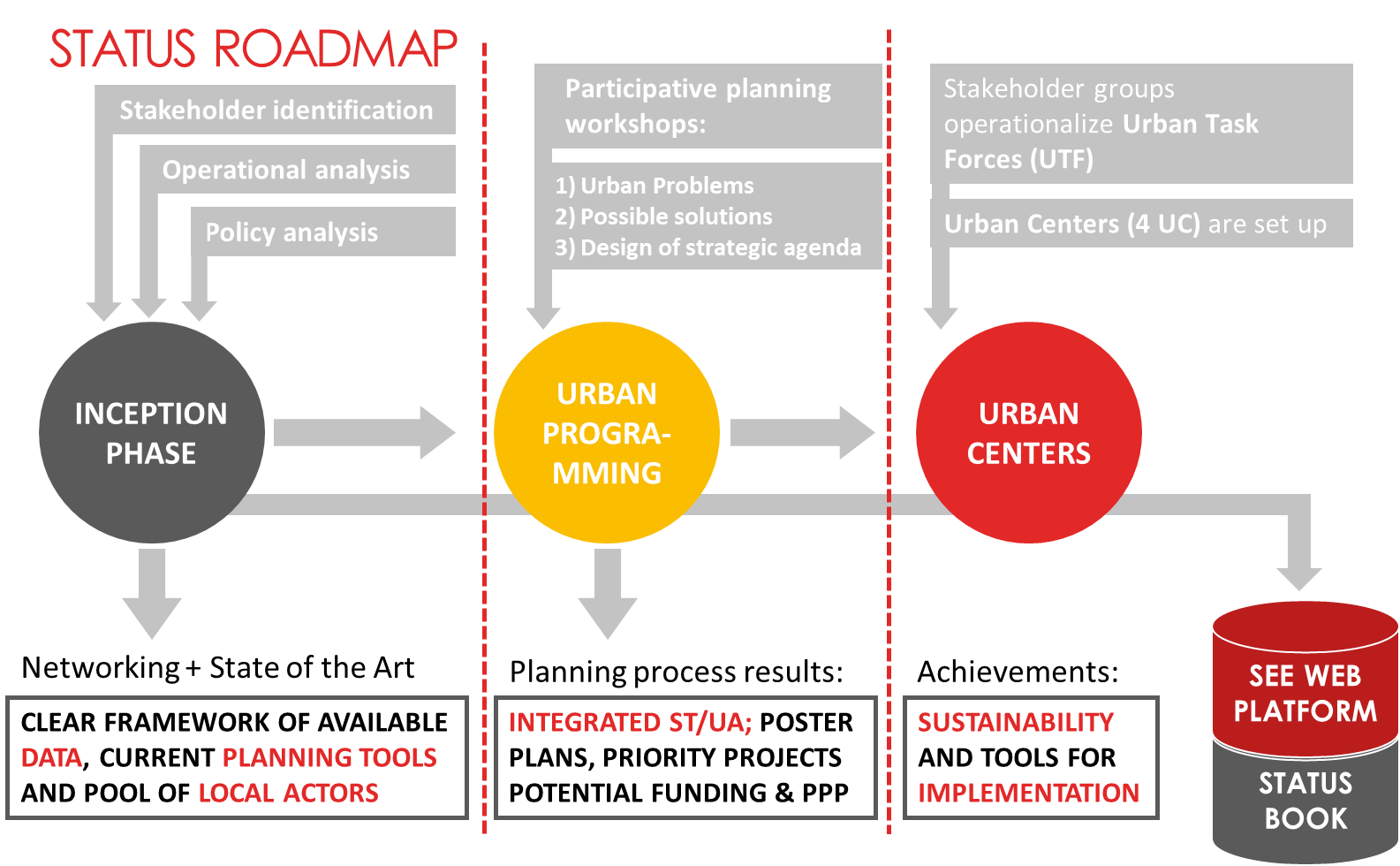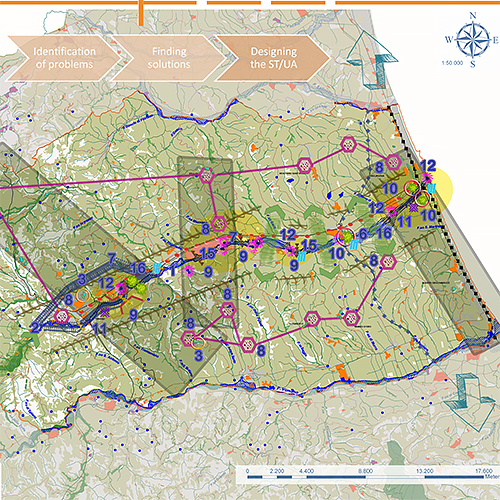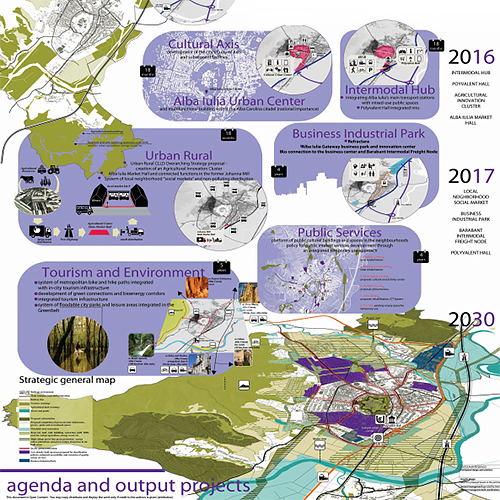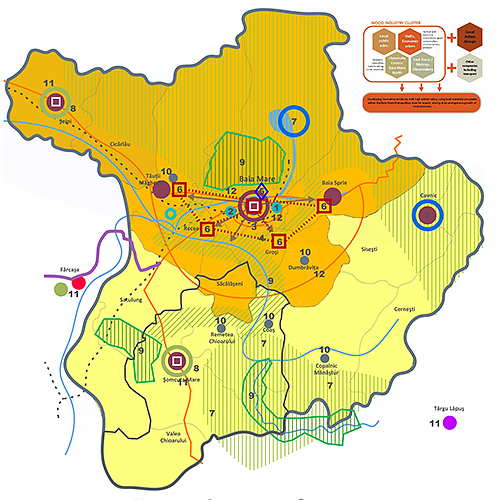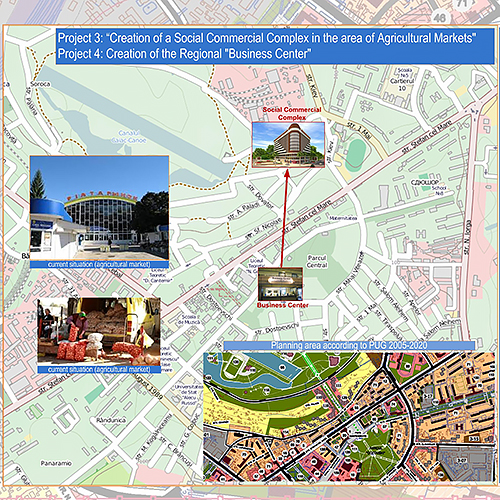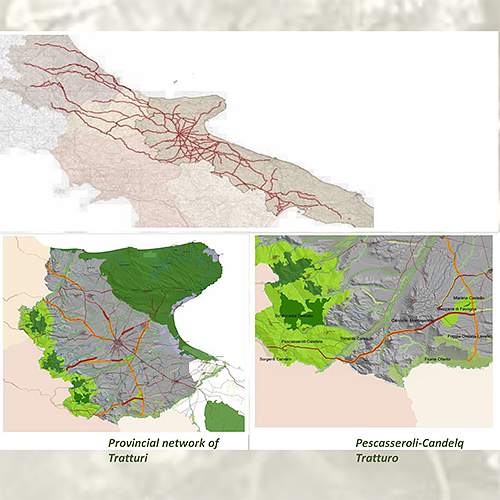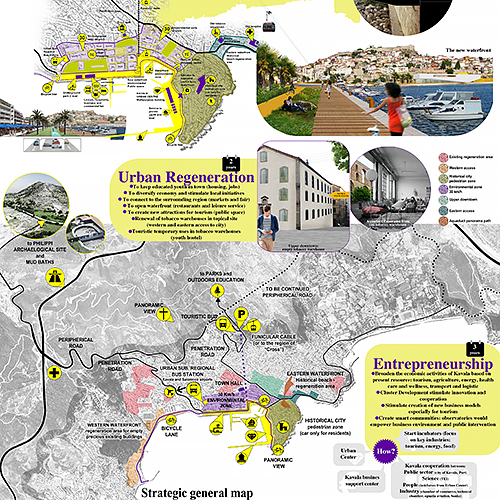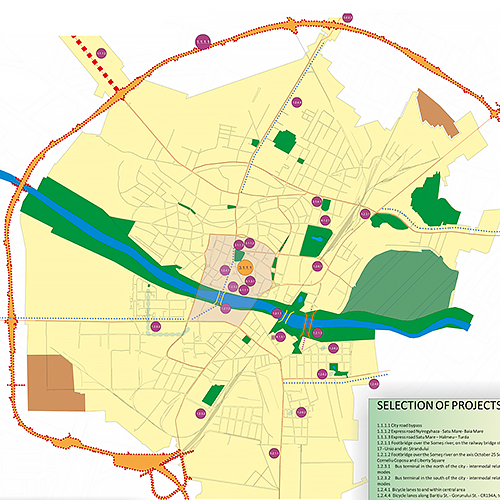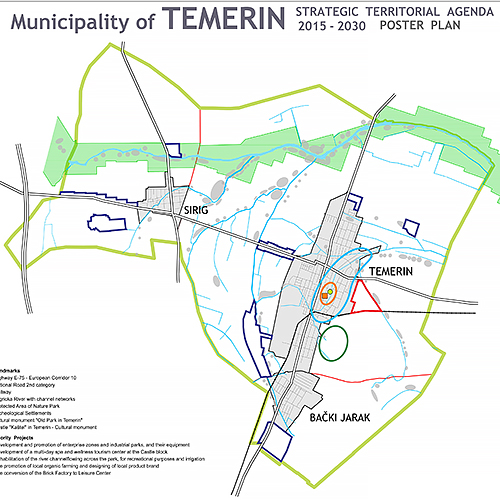Strategic Territorial Agendas for “Small and Middle-Sized Towns” Urban Systems
Acronym: STATUS
Coordination: Municipality of Kavala (Lead Partner), URBASOFIA, Eurodite
Funding: South East Europe Programme (SEE Programme) 2012 – 2014
Duration: 24 months, started Dec 1st 2012
Website: http://www.seecityplatform.net/
URBASOFIA was part of the Project Management team of STATUS, being responsible for the Content Management of the project.
The STATUS project is tackling the problem of incoherent urban and regional development in the South Eastern European area and neighbouring countries by jointly developing an approach that can help cities and regions in making integrated and sustainable urban agendas and place based strategies by participatory planning tools. It aims to enrich the pool of development, regeneration and management tools in urban settlements systems of the SEE programme area.
Cities in the XXI century face the challenge of being competitive and maintaining a reasonable state of welfare at the same time. Many cities in SEE area have a significant urban development deficit in terms of integrated strategies, capacity and urban implementation tools. STATUS aims at reducing the widening development gap of SEE cities in terms of quality of life and capability, compared to West European ones. STATUS prepares the partner cities to design good strategies and policies in order to pursue more balanced territorial development and ensuring global competitiveness. The scale of urban networks and clusters of cities in the STATUS territorial partnership ranges from the urban/peri-urban (metropolitan areas, systems of urban settlements) to the sub-regional and regional level.
The STATUS project will collaborate in a true transnational setting to assist SEE cities authorities to develop Strategic Territorial/Urban Agendas (ST/UA), as a tool for sustainable and integrated development in line with 21st century standards. It aims, by applying a participatory planning process, to implement, together with local actors, Urban Centers (UCs) as places in where to shape cities strategic visions. This will result in shared local development scenarios. Results, practices and emerging city networks (local and inter-communal) will be archived and promoted in the SEE Web Platform (SEE-WP) which will constitute the memory of implemented plans and policies, as well as the virtual platform through which to develop innovative and smart solutions for the SEE cities of the future. The developed outputs of the project (strategic urban agendas and urban centers) will assist the participating cities in using cohesion funds in a more efficient manner and provide input for future (cohesion funded) projects.
In a nutshell, the STATUS methodology, developed by URBASOFIA, takes the following steps:
- Familiarising SEE Small and Middle-sized city and regional administrations with integrated urban programming approaches;
- Gathering information and creating a clear framework of both the state of the art of local development as well as the current plans, programs, policies, projects and large-scale investments in the cities and regions;
- Putting in place cooperation structures and business opportunitiesbetween main stakeholders in small and medium sized cities: promoting operational partnerships among municipalities, investors, knowledge institutes and the third sector;
- Defining steps and contents (to launch and to organize the local processes) for designing in each city or region an Urban-Territorial Development Agenda
- Setting up tools for long-term sustainability, continuation and further concrete implementation of the developed visions for territorial cohesion: Urban Centers and formally constituted Urban Task Forces;
- Creating a city-platform for exchanging knowledgeon urban and territorial development themes, initial focus being cities and urban systems of SEE (target users).
Our aim was to support the wider dissemination of the tools which have assisted partner cities in co-creating strategies and project portfolios for the 2014-2020 Programming Period, but also at setting up the instruments for the strategies’ implementation, continuation and spin-off (Urban Task Forces, Urban Centers).
One of the most important lessons we have learned is that collaboration, both at the local level between stakeholders as well as at European level, between cities and regions confronted with the same development challenges, is key to achieving a more sustainable, smart and inclusive European society. Therefore, within this platform, not only do we share our experiences in integrated participatory planning, but we also welcome experiences from across the South East Europe which can represent best practices and success stories.
All generated knowledge in the project can be reviewed on the official SEE City Platform developed through the project.
Moreover, the project yielded a scientific publication of the STATUS experience, edited by URBASOFIA director Dr. Pietro Elisei. The book is a scientific compendium comprising of top-quality international research content generated through STATUS – a joint effort of all experts from URBASOFIA, Eurodite, ISOCARP, IFHP, INU, RUR, UIRS, Fondazione Graphitech and from the participating cities and regions (Abruzzo, Alba Iulia, Baia Mare, Balti, Drama, Foggia, Herceg Novi, Kavala, Satu Mare and Temerin).
Strategic Agenda Abruzzo
Strategic Agenda Alba Iulia
Strategic Agenda Baia Mare
Strategic Agenda Municipality of Balti
Strategic Agenda Municipality of Drama
Strategic Agenda Province of Foggia
Strategic Agenda Municipality of Herceg Novi
Strategic Agenda Municipality of Kavala
Strategic Agenda Municipality of Satu Mare
Strategic Agenda Municipality of Temerin

